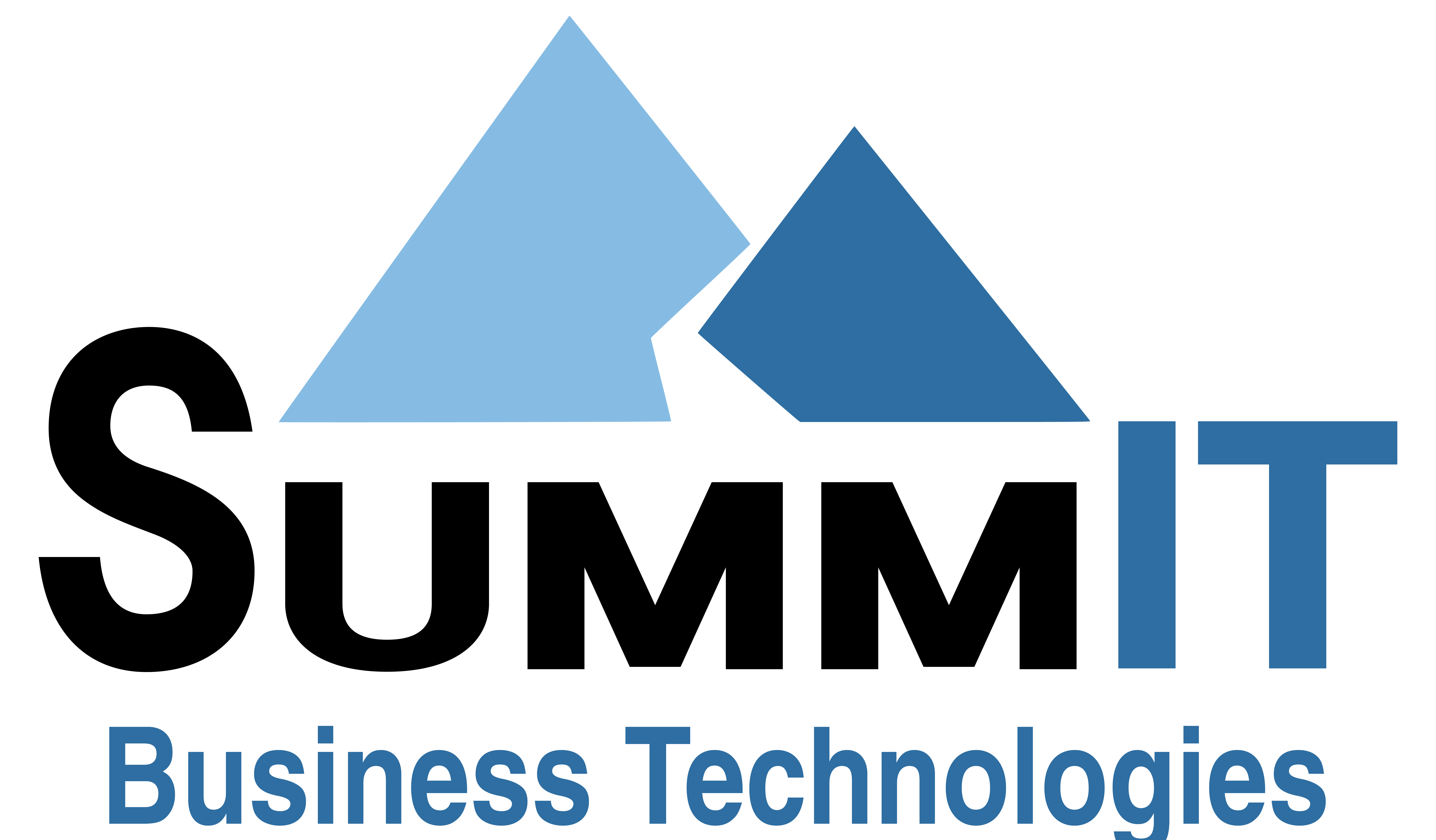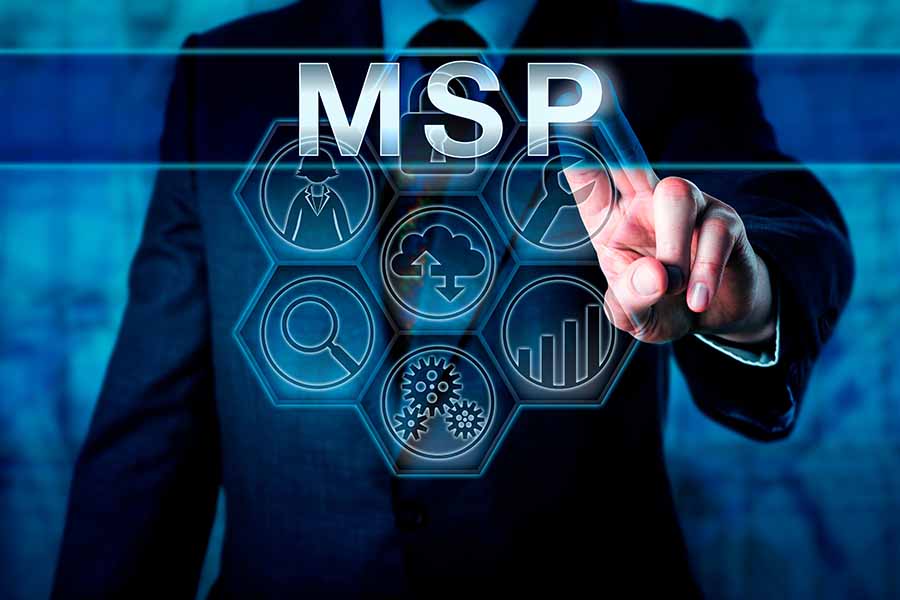Having an up-to-date technology infrastructure is critical for organizations to perform well in this ever-changing business world. An outdated technology infrastructure can harm your business by:
- Giving cybercriminals a free pass
- Putting your company in hot water with regulators
- Reducing overall productivity
- Causing employee dissatisfaction
- Upsetting your customers
Once you understand the risks of not keeping your technologies up to date with the latest standards, you must do everything possible to refresh your IT infrastructure. However, this is easier said than done, as you will need to devote additional time and effort to make necessary changes. This is where enlisting the services of managed service and security provider (MSSP) can be of assistance.
An MSSP can augment technology expertise and knowledge gaps. However, if you’ve never worked with one before and aren’t sure what to expect, finding the right MSSP partner can be difficult.
That’s why we’ve compiled a list of seven of the most important questions you should ask an MSSP when determining whether they are a good fit to meet your technology infrastructure and service needs.
Questions to ask
- Do you offer 24/7/365 support?
Unlike your employees, your data and IT systems do not require sleep. Your MSSP should provide 24/7/365 monitoring and support to address technology infrastructure issues to avoid downtime, data loss, and cyberattacks. - Do you perform or offer regular risk assessments?Because risk factors are constantly changing, MSSPs must conduct security risk assessments regularly to stay on top of emerging and evolving threats. Your MSSP partner’s risk assessment reports should give you an overview of the internal and external threats that could come back to bite you later.
- Do you meet all my compliance needs?If you must be HIPAA compliant, then you could benefit from an MSSP that understands the standards and complies with them. Hence, ask if they can demonstrate HIPAA compliance. Likewise, if you need to be CMMC compliant, then you need an MSSP that meets the same requirements.
- Can you provide documentation to prove you are compliant and following best practices?Working with an MSSP that does not follow best practices and has a track record of non-compliance can be detrimental. Therefore, ensure that they adhere to relevant standards and the best practices.
- Do you have a disaster recovery (DR) plan? If so, what is in place and is it tested regularly?If your MSSP partner does not have a DR plan in place, they may not be able to withstand an incident and you may be affected as well. Even if they already have one, it must be up to date and thoroughly tested.
- Is third-party auditing performed to meet cybersecurity and compliance requirements?Much like your company will need an unbiased review of your infrastructure, the same is true of your MSSP. An MSSP that invests in a third-party audit can objectively demonstrate that their information systems and processes adhere to stringent requirements in critical areas, such as security and compliance. Make sure you don’t overlook this aspect.
- Do you have a high level of confidence in your security posture? If so, can you explain why?This is important because if your MSSP partner has a poor security posture, cybercriminals will utilize your MSSP to gain access to your network, thus defeating your work in protecting your network.
Why are the above questions crucial?
Having an MSSP on your side is about more than just saving time and effort. You must have a clear understanding of how they intend to protect your company from evolving cyberthreats, how they plan on ensuring that you’re in compliance with regulations to avoid fines and reputational damage, and whether they can provide you with data backups when you need them.
Get in touch with us today to schedule a free consultation and determine if we are the right partner for your business.






